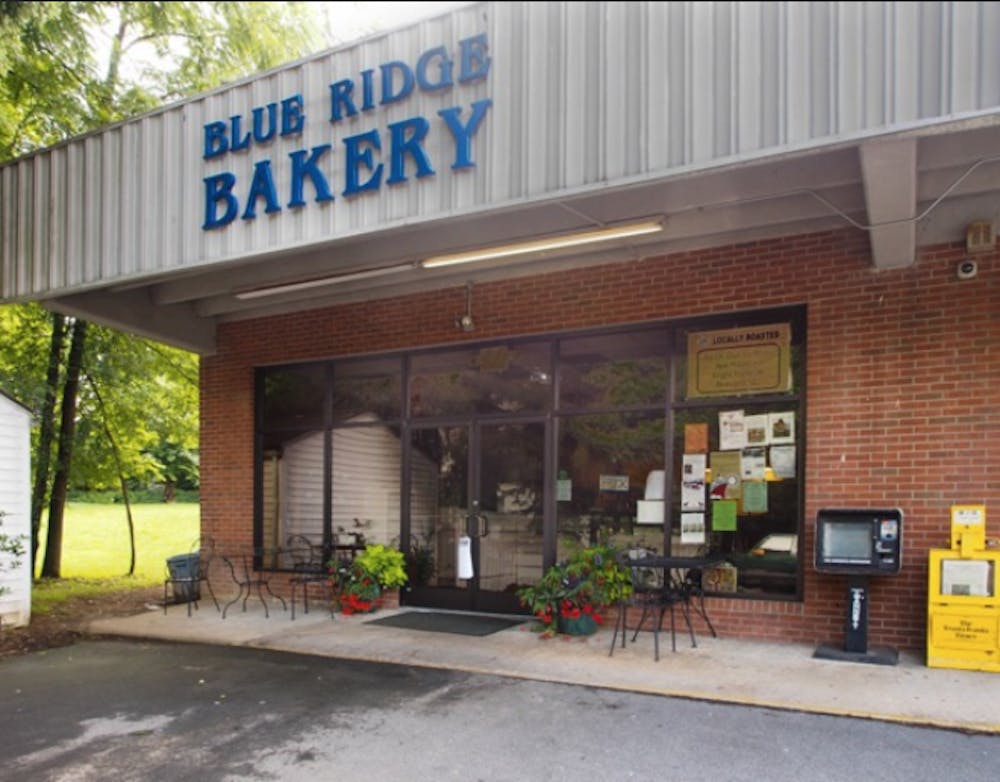
In my last column, I discussed the opportunity gap at Hopkins for low-income students, like myself. However, in doing so, I feel as if I misrepresented myself, so I want to make one thing clear:
I am an extremely privileged person.
Beyond the fact that I am a cisgender white male, for the first half of my life I lived in a very financially-stable household. Both of my parents were teachers, they owned a house and two cars, and we took a vacation almost every summer. Nobody in my family had anything less than a four-year degree, and my grandfather was finishing out his tenure as the dean of a nearby state university. I was poised to be just another middle-class white kid from a middle-class white kid kind of family.
Then, when I was about to start 5th grade, my two-parent household became one and cut our income in half. A year after that my mom lost her job and started working at a friend’s bakery. In two years, my family’s income went from $85k to $14k. We lived on that throughout my middle school years, until my mom got her current job at a public library and put us in our current financial situation; too rich to be in poverty (as defined by the Federal Poverty Level), but not too rich to have escaped the “low-income” label.
The duality of my experience has left my class identity in a rather confused state. I have lived in both classes, but not lived the life of either.
Your social network is formed around your socioeconomic class, but it doesn’t dissolve the day you shift income brackets. My parents spent the better part of 30 years building up such a middle-class network in our community. But when we suddenly qualified for Medicare, we didn’t walk out of our front door into a town unknown. Sure, some people drifted away from us as we could no longer live in their financial world, but overall, we were still a low-income family with a middle-class support structure.
For example, the bakery where my mom worked was owned by very close family friends. If we weren’t going to be able to afford dinner for the whole week, my mom was sent home with a bag of the best Greek food you can get. She was rarely able to give me money to go see a movie or get dinner with friends, so the bakery owners would give me $10 to come over and clean the stuff they couldn’t make minimum wage workers clean for a few hours on Saturday mornings. They could have paid some high school kid a few dollars less an hour, but they saw a friend in need. Without the class network we had, we wouldn’t have had them, and without them I have no idea how we would have survived.
There were many things that insulated us from the worst parts of our financial situation. Instead of struggling with a $900 rent in an awful apartment, my grandfather (a serial saver his entire life) bought a house for us to live in and let my mom pay him only a few hundred dollars a month. He took a car payment out of the picture in the same way. Things like this made that $14,000 a year salary misleading because we had access to so much more of it than people in our situation normally do.
Coming to Hopkins, I wasn’t sure about what I could do with this identity. There’s no doubt that the low-income student voice on campus is underrepresented. Does my privilege during my family’s economic hardships take away my authority to speak for the group, or does having experience from both sides bolster it? I have had a front-row seat to all the struggles a low-income family goes through, but I was never truly threatened by any of them. I’ve never been put to bed hungry, but I understood that to be a real risk. I’ve always had a place to live, but I was able to tell that was simply a product of the kindness of others.
In the end, I feel qualified when I talk about low-income student opportunity. I’ve felt the struggles of a poor family in America, and then I’ve seen how many of them can be solved or at least mitigated through systems of support and connections. I understand that seemingly meaningless gestures for some — such as hiring a 40-year-old woman instead of a high school kid for $1 more — can have life-changing effects. They did for me.





